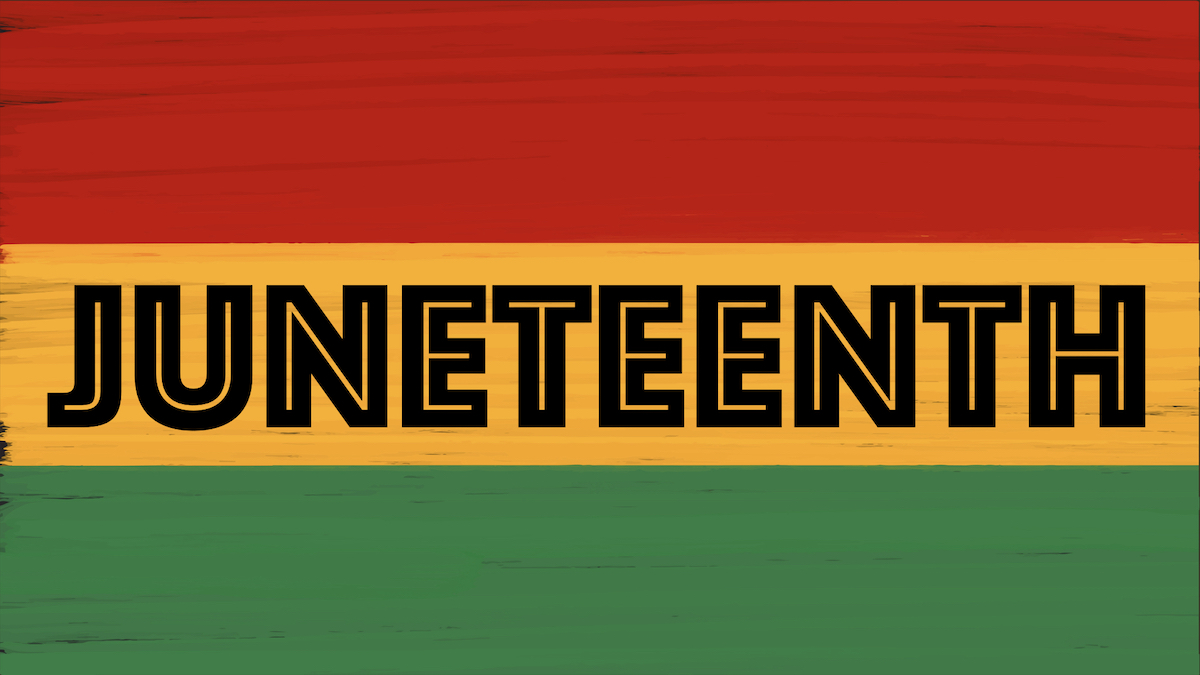Today is America’s newest federal holiday but most Americans don’t know much about it and don’t celebrate it. That’s not too surprising since the Juneteenth National Independence Day Act was just signed into law by President Joe Biden last year.
“On Juneteenth, we recommit ourselves to the work of equity, equality, and justice,” Biden said in his Juneteenth proclamation. “And, we celebrate the centuries of struggle, courage, and hope that have brought us to this time of progress and possibility.”
But, do Americans want Juneteenth as a national holiday?
In a 2021 Ipsos poll, just 33% of Americans believed that Juneteenth should be a national holiday, and 62% said they didn’t plan to observe it.
Why? A majority of Americans may not celebrate Juneteenth simply because they don’t know much about it. When a 2021 Gallup Poll asked Americans if they think Juneteenth should be a federal holiday, 40% said they didn’t know or were unfamiliar with Juneteenth. Only 12%, in that same poll, said they knew “a lot” about it.
Although Juneteenth has only recently gained mainstream attention, it has been celebrated since 1866 and goes by other names such as “Jubilee Day,” “Emancipation Day,” “Freedom Day” and “Black Independence Day.”
So why, 156 years later, is it just now breaking through? And why don’t you remember learning about it in school? Here’s a little history:
Abraham Lincoln signed the Emancipation Proclamation in 1863 to free enslaved African Americans, two years before the Civil War would end. However, the enslaved people in Confederate states were generally only freed when Union troops arrived to enforce it. One of the last places the Union arrived was in Galveston, Texas – on June 19, 1865.
The following year the formerly enslaved people celebrated the first Juneteenth.
Today, Americans celebrate Juneteenth with parades, barbeques, parties, and the reading of the Emancipation Proclamation. The color red is symbolic on Juneteenth as it represents the blood that was shed during the path to freedom.
Many Americans don’t know much or any Juneteenth history in part because it isn’t widely taught in schools. In 2020, CBS News conducted an investigation into how black history is taught in the U.S. It discovered that the standards in seven states didn’t outwardly mention slavery, and eight states ommitted mentioning the civil rights movement.
A plurality of Americans think this should change. In a Gallup Poll from last year, 49% said public schools should add Juneteenth to their history curriculum.
But, why make it a national holiday now? A century and a half later?
Juneteenth came to national prominence in 2020 after a number of Black Americans were killed during encounters with law enforcement. Their deaths highlighted the continued racial injustice in the country as more blood was shed in the African American community.
After Biden took office in 2021, he signed a Proclamation on Juneteenth to recognize the inequalities Black Americans have faced for hundreds of years. The national holiday stands not only as a reminder of the past, but as a symbol of the ongoing fight to reach equality.
This post was written by Marist Poll Media Team student Greta Stuckey.

